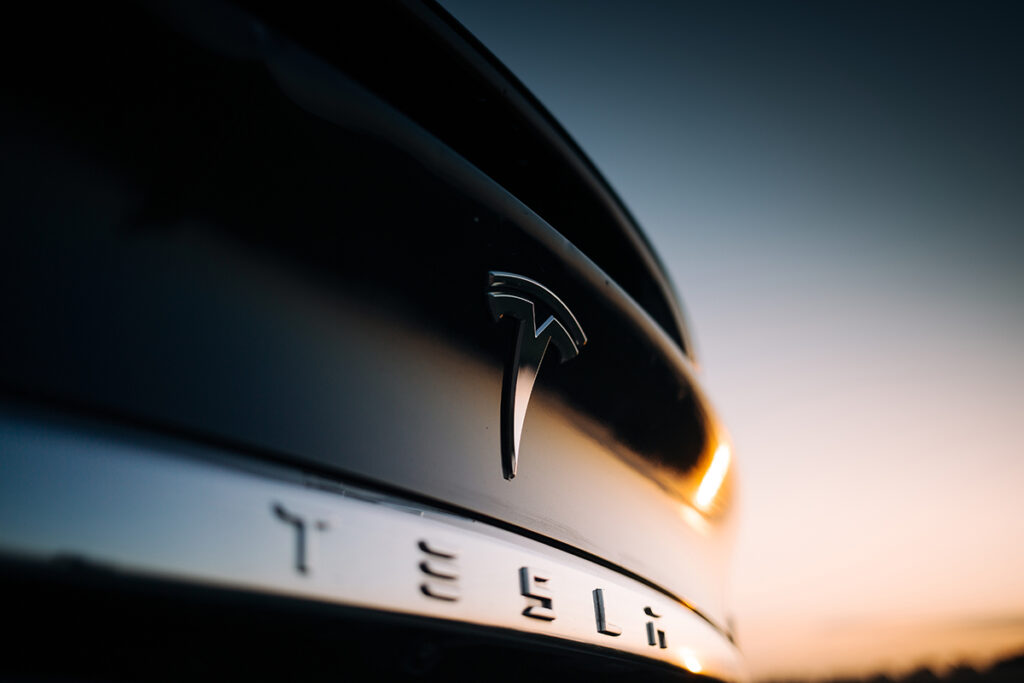Tesla finds itself embroiled in a high-stakes legal battle as a wrongful death suit concerning its Autopilot feature heads to court. The trial, set to commence this week, revolves around the tragic demise of Walter Huang, a former Apple engineer, whose Tesla Model X crashed while Autopilot was engaged.
Huang’s fatal accident occurred on March 23, 2018, when his Tesla veered into a highway median in Silicon Valley. The National Transportation Safety Board’s investigation revealed that Autopilot had been active for nearly 19 minutes prior to the crash, with the vehicle traveling at 71 mph.
The trial is a pivotal moment for Tesla, which has faced mounting scrutiny over its automated-driving technology. Despite claims from CEO Elon Musk that Autopilot and Full Self-Driving capabilities outpace competitors, concerns persist regarding their safety and reliability.
In response to these concerns, the National Highway Traffic Safety Administration (NHTSA) conducted a comprehensive investigation into Tesla’s Autopilot system. The NHTSA’s findings, released in December 2023, highlighted the potential for Autopilot to provide drivers with a false sense of security, particularly in hazardous situations.
Following the NHTSA report, Tesla initiated a recall of all 2 million of its cars in the United States. The recall aimed to enhance warnings for drivers when Autopilot is engaged and reinforce the necessity for constant vigilance behind the wheel.
Despite Tesla’s assertions that Autopilot is safe when used correctly, the company has faced criticism for allegedly overselling the technology’s capabilities. Huang’s family contends that Tesla misrepresented Autopilot as self-driving software and failed to acknowledge its limitations.
Tesla has claimed that Huang bears responsibility for the crash, citing evidence that he was distracted by a video game on his phone while Autopilot was engaged. However, Huang’s family argues that Tesla’s marketing of Autopilot as a fully autonomous system contributed to the tragedy.
The outcome of the trial could have significant implications for Tesla, with the potential for substantial damages should the jury rule in favor of Huang’s family. Wrongful death suits involving major corporations have historically resulted in substantial financial penalties.
Meanwhile, Tesla’s stock performance has been closely scrutinized, with the company’s valuation fluctuating amid ongoing concerns about Autopilot’s safety. Despite previous optimism from Musk about the potential of autonomous driving to propel Tesla’s market value, the company faces challenges in maintaining investor confidence.
As the trial unfolds, the spotlight remains firmly on Tesla and its Autopilot technology. The outcome will not only determine the company’s legal liabilities but also shape public perception of automated-driving systems and their role in the future of transportation.


